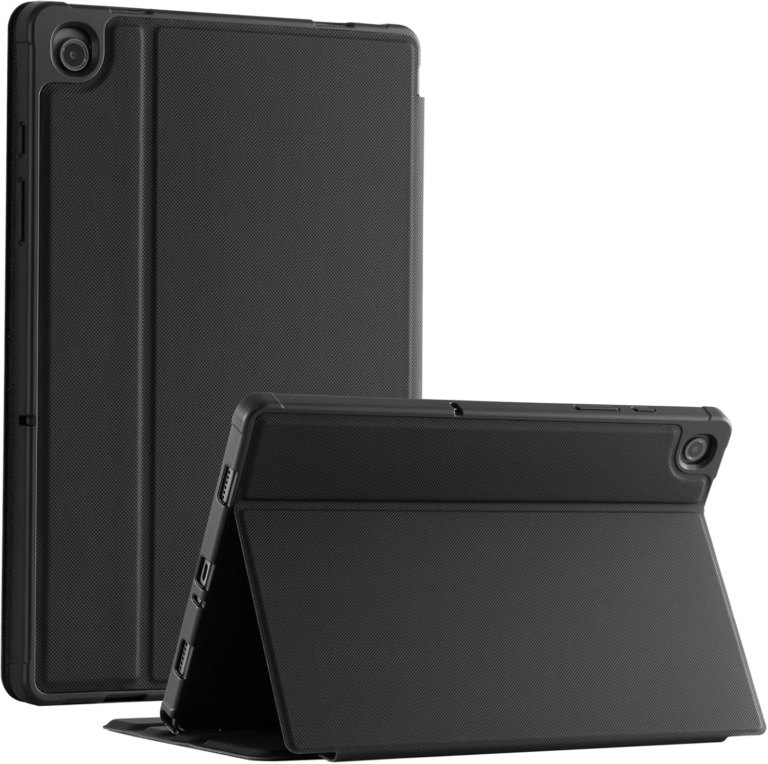The Ever-Evolving Web: A Look at Today’s Best Browsers
The internet is our gateway to information, entertainment, and connection. And at the heart of that gateway lies the web browser. But with so many options available, which one reigns supreme? The answer, as always, depends on your individual needs and priorities. Let’s explore some of the top contenders and what makes them stand out.
1. The Stalwart: Google Chrome

Chrome, developed by Google, remains the dominant force in the browser market. Its integration with the Google ecosystem, extensive extension library, and robust performance are undeniable strengths.
- Pros:
- Seamless integration with Google services (Gmail, Drive, etc.)
- Vast library of extensions for customization and functionality.
- Strong performance and speed.
- Regular security updates.
- Cross platform functionality.
- Cons:
- Known for high RAM usage, which can impact performance on less powerful devices.
- Privacy concerns due to Google’s data collection practices.
2. The Privacy Champion: Mozilla Firefox

Firefox, developed by the non-profit Mozilla Foundation, prioritizes user privacy and customization. It’s a favorite among those who value control over their browsing experience.
- Pros:
- Strong focus on privacy and user control.
- Open-source nature, fostering transparency and community development.
- Customizable interface and extensive add-on support.
- Good performance and resource management.
- Enhanced Tracking Protection.
- Cons:
- Smaller extension library compared to Chrome.
- Occasionally, some websites may have compatibility issues.
3. The Speedy Contender: Microsoft Edge

Microsoft’s Edge, built on the Chromium engine, has made significant strides in recent years. It offers a balance of performance, features, and integration with the Windows operating system.
- Pros:
- Excellent performance and speed.
- Strong integration with Windows 10 and 11.
- Built-in features like vertical tabs, collections, and enhanced security.
- “Sleeping tabs” feature to save resources.
- Good compatibility.
- Cons:
- Some users may find the interface less customizable than Firefox.
- Microsoft account integration can be considered a con by some.
4. The Apple Ecosystem Player: Safari

Safari, Apple’s native browser, is optimized for macOS and iOS devices. It offers seamless integration with the Apple ecosystem and excellent performance on Apple hardware.
- Pros:
- Excellent performance and energy efficiency on Apple devices.
- Seamless integration with iCloud and other Apple services.
- Strong privacy features, including Intelligent Tracking Prevention.
- Clean and simple user interface.
- Cons:
- Limited availability on non-Apple platforms.
- Extension library is smaller than Chrome’s.
5. The Privacy Focused Niche Option: Brave

Brave is a relatively new browser that places a very strong emphasis on user privacy and ad blocking. It also has a unique “Brave Rewards” system that allows users to support content creators.
- Pros:
- Built-in ad and tracker blocking.
- Focus on user privacy and security.
- “Brave Rewards” system for supporting content creators.
- Fast performance.
- Cons:
- The rewards system can be considered complex.
- Some website functionality can be broken by agressive blocking.
Choosing the Right Browser
Ultimately, the best browser for you depends on your individual needs and priorities. Consider the following:
- Privacy: If privacy is your top concern, Firefox or Brave are excellent choices.
- Performance: Chrome and Edge are known for their speed and performance. Safari is also excellent on Apple devices.
- Ecosystem Integration: Chrome integrates well with Google services, while Safari integrates seamlessly with the Apple ecosystem, and Edge with the Microsoft ecosystem.
- Customization: Firefox offers extensive customization options through add-ons.
- Ease of use: All the browsers listed are relatively easy to use, but Safari has a particularly clean and simple interface.
No single browser is perfect. Experiment with a few different options to find the one that best suits your browsing habits and preferences. The web is constantly evolving, and so are the browsers that allow us to navigate it.






